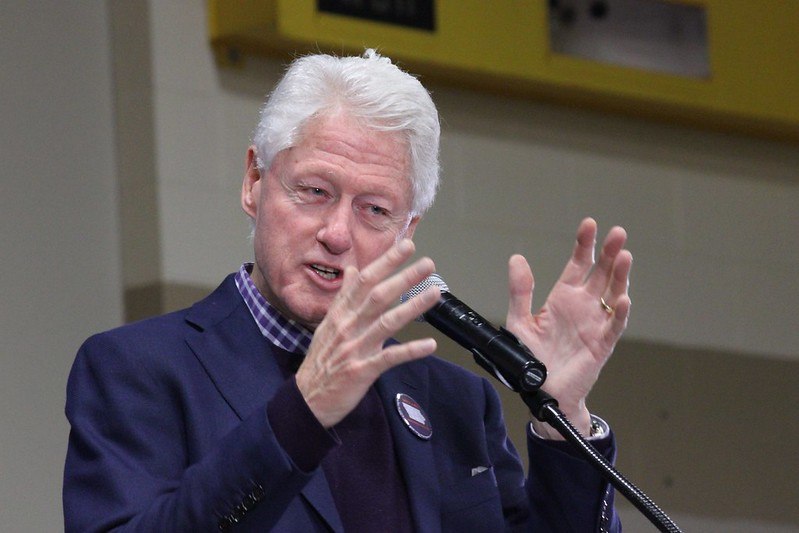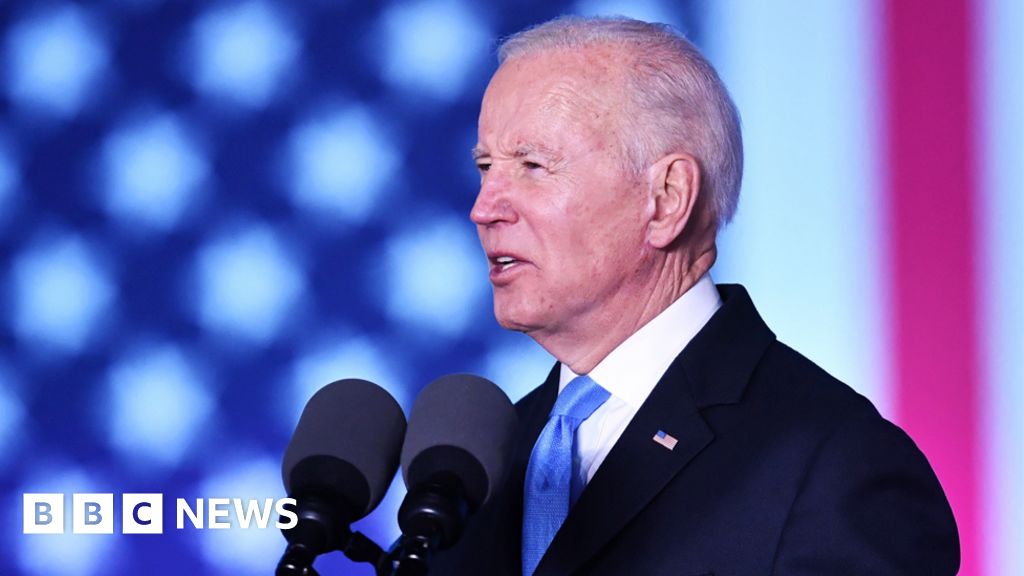The new UK is the U.S. The latter uses a military industrial complex to control other countries through intervention, manipulation, or destabilization leading to regime change. These include policies ranging from coups to assassinations to structural adjustment policies to military or financial aid with strings attached. The goal is to make sure that their economies are pried open to exploit cheap labor and resources, and to make them dependent on the dollar for trade.Whether or not the UK has a military industrial complex depends entirely on how you define a military industrial complex. The UK has a domestic arms industry and a military that utilizes its domestic arms industry, so sure. The UK has a military industrial complex.
The actual point was that anyone with experience of living in the UK or who is familiar with the political environment would be able to tell you that the idea of political decisions being determined by the need to expend military hardware and thereby enrich the domestic arms industry is incredibly silly. Most of the vehicles and systems going to Ukraine now were built in the 80s and 90s. They are not being produced any more. The reason why the UK can be comparatively generous with these systems is that the army is being downsized, and a lot of those systems were doomed to end up on the scrapheap by the end of the decade anyway.
The UK was a military superpower a hundred years ago. It remained a relevant military power during the cold war and had enough left in the tank to play a role in the quote/unquote War on Terror, but that military relevance has been declining for a long time. At the end of the day the UK has no real incentive to maintain a powerful military, and the military has no real incentive to maintain a powerful domestic arms industry.
It's possible the current conflict will change this. Maybe the US will finally get its wish and European states will start feeling the need to contribute to their own defence. I doubt it though, because I think that would be a pretty hard sell even for the psychopathic public schoolboys who run this island.
I mean, in the very broad sense that both are the beneficiaries of Russian colonialism, sure.
Do you really want to get into the colonial history of Crimea? Particularly given the treatment of indigenous people in Crimea since the 2014 annexation..
The result is a unipolar world where the U.S. calls the shots.
The problem is that the use of the dollar for world trade also led to a Triffin dilemma, causing the U.S. to borrow and spend heavily since the early 1980s, to not only pay for consumer spending and its very expensive military spending but even for previous debt. It has now reached a point where it can't even pay for interest on previous loans, but has to borrow even more each time.
To do that, demand for the dollar has to remain high, but more countries, including those abused by the U.S., are answering back. Israel, Saudi Arabia, Malaysia, Singapore, Brazil, Mexico, and others are now moving away from the U.S. orbit of influence and engaging in freer trade with each other, without using the dollar. Recall that in the past this antagonized the U.S. greatly, e.g., CNN reported that Saddam was selling oil in exchange for euros before the invasion of Iraq, Libya was planning its own oil bourse, and Iran was threatened while operating its own.
Several still refuse to remember that sordid past by reminding most that it's Russia that's evil, that invaded Ukraine for no reason other than to form an empire, and that it must be stopped.
In response, most are no longer listening, including U.S. allies that are now buying oil from Russia and selling gas to China in exchange for yuans.
With that, what's emerging is a multipolar world.
















